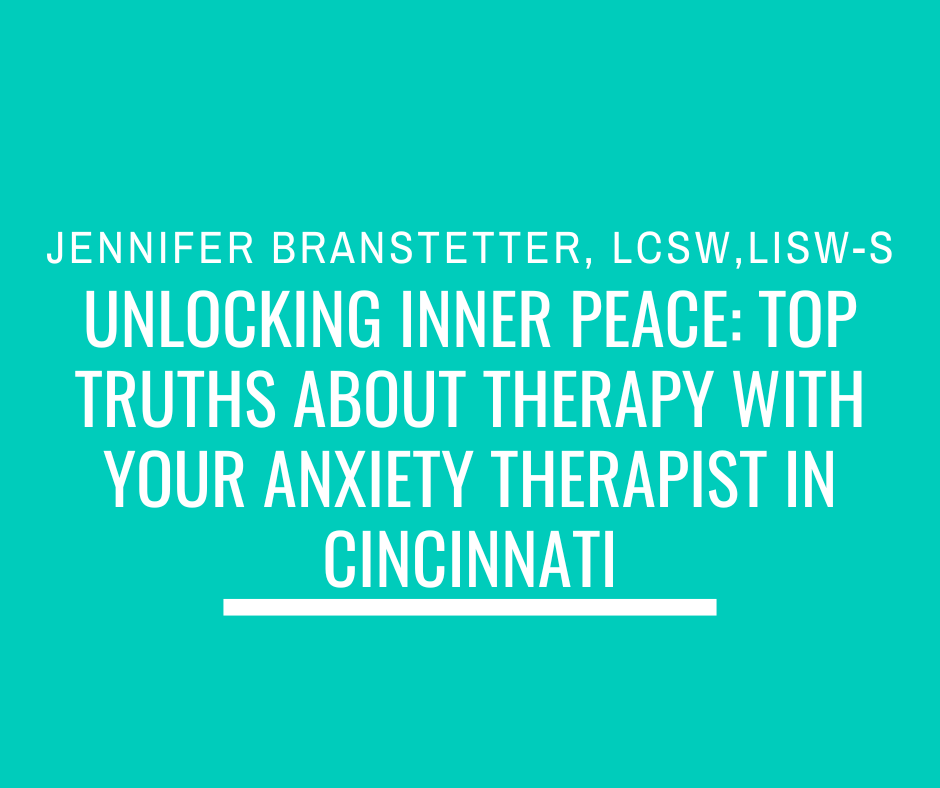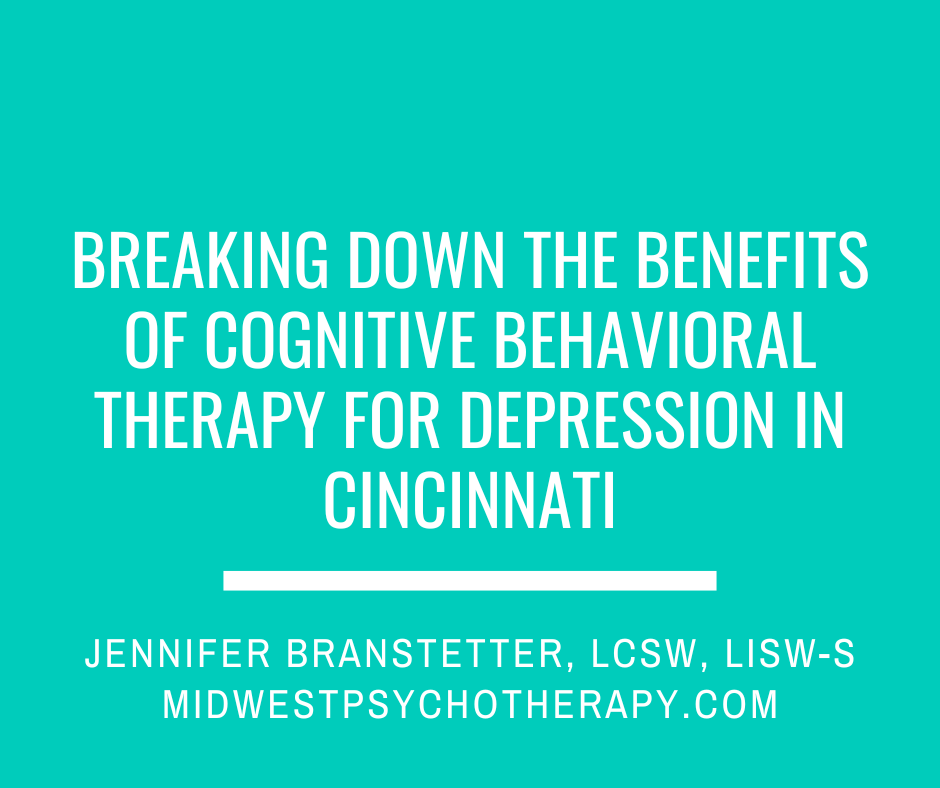Blog


Breaking Down the Benefits of Cognitive Behavioral Therapy for Depression in Cincinnati
Discover how cognitive behavioral therapy in Cincinnati can effectively alleviate depression symptoms. Learn about the proven benefits and find the support you need to overcome depression.